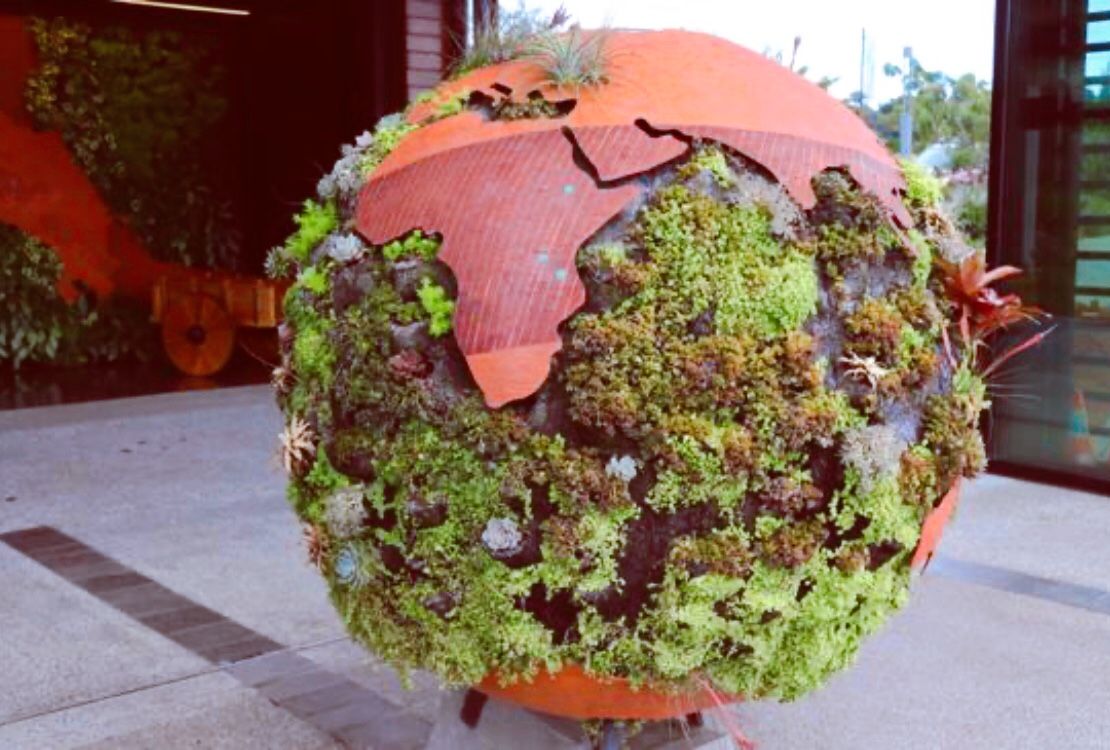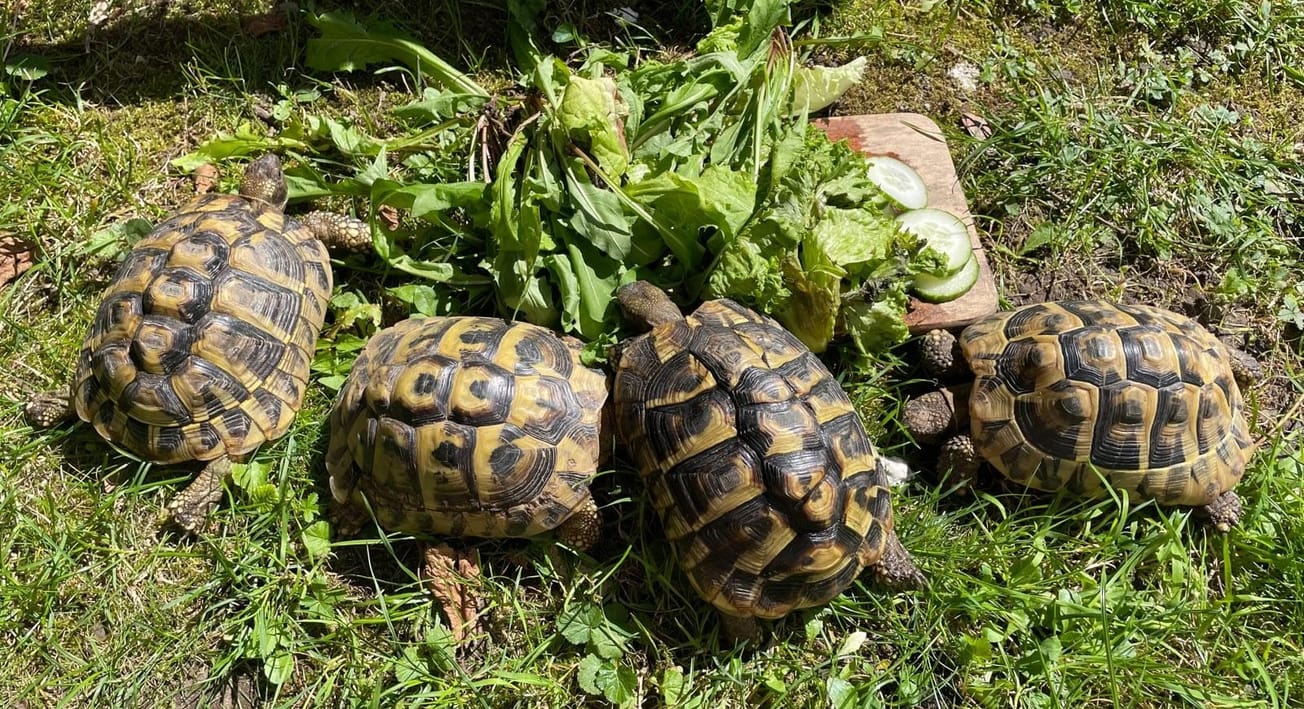By Julia Riopelle, SciTech Editor
On the 30th of October, World Lemur Day, Bristol Zoological Society received funding from Beyond Good in order to continue research into Madagascan lemur conservation.
Beyond Good is an American cocoa company, which works directly to provide good wages to 100 farmers in Madagascar and harvests cocoa beans through sustainable farming practices.
Madagascar is thought to be an island of beautiful, untouched, wild rainforests. However, in the past 250 years unsustainable agricultural practices have reduced the nation’s wildlife to a few small national reserves. Beyond Good promotes cocoa agroforestry, which grows cocoa beans in shade provided by natural forests, whilst simultaneously maintaining ecosystem health.

Agroforestry is a sustainable farming practice, which integrates wild forests and agricultural farms in the same landscape. It is a farming method that is being widely promoted, as it can disrupt trends of deforestation and monoculture in important areas of biodiversity. By ensuring natural forest health, through maintaining soil fertility and ecosystems services, one can farm in a way that will not deplete resources. There is economic and environmental incentive behind this method.
Beyond Good partnered with Conservation International and Bristol Zoo, in order to research whether there could be a positive link between cocoa agroforestry and lemur conservation. After six months of sleeping in rainforests, in order to perform camera trapping and bio-acoustic research, the scientists found that the trees did not only have the potential to conserve lemur populations, they were already doing so!
The researchers from Conservation International and Bristol Zoo found ‘five species of endangered lemurs, 19 species of birds, the Madagascar flying fox, and more’ living in the cocoa foliage.
@foodtank chats with Tim McCollum of @eatbeyondgood, a chocolate company that helps local farmers in Madagascar create sustainable businesses for themselves and their families. https://t.co/vyB1qJzDRZ #ThisIsChocolate #ComingSoon
— Beyond Good (@eatbeyondgood) March 11, 2020
Now with the profits Beyond Good is donating to Bristol Zoological Society, the researchers are able to continue the second phase of their research. Their aim is to promote passages between neighbouring cocoa plantations and forests, in order for lemur populations to expand their territories and breed with other populations.
Outbreeding will strengthen the gene pool of these populations, making them resilient to disease and healthier overall. The researchers might need to build artificial structures to promote safe migration between habitats.
A Life on Our (dying) Planet: David Attenborough's plea for climate and biodiversity
Could three Bristol graduate’s LettUs Grow sow the seeds for a Second Green Revolution?
Madagascar is the only place on Earth where one can observe lemurs in the wild. Although like so many species, the loss of habitat has pushed them onto the ‘critically endangered’ IUCN red list. Thus, the funding Bristol Zoological Society has received from Beyond Good is essential to aiding lemur survival.
Featured Image: Unsplash / Hans Jurgen Mager
Everyone loves chocolate! Help wildlife by sourcing sustainable food. As these donors would say 'Not just good. Beyond good!'







